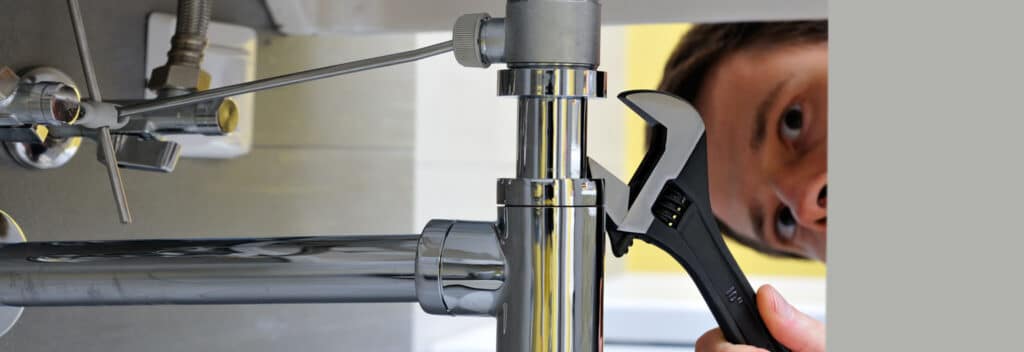Most homeowners have a few essential tools on hand to deal with minor plumbing problems – for instance, a little elbow grease and a plunger can often do the trick for a clogged toilet or plugged drain. However, a whole slew of plumbing problems are best resolved by a licensed plumber. In fact, trying to fix seemingly minor problems like blocked drains, clogged bathtubs, slow draining toilets, leaking faucets or a kitchen sink clog without a certified plumbing professional could lead to much bigger headaches in the future.
Because many issues with your pipes sneak up on you, a thorough inspection is critical to catching small problems while they’re still small and manageable. Hidden leaks under drains or below toilets can cause damage to your home and water that seeps into walls or floors can also contribute to mold growth. Materials such as tile or wood flooring can also discolour or warp when subjected to water for even a short period of time.
Had plumbing issues with our House, thankfully we had the Plumbing insurance plan. Reliance sent 2 of their plumbers immediately, an older gentleman and younger man. They showed up on time and ready to work. They were very polite and even wore shoe covers to protect my carpet. Would recommend this company to friends and family. Thanks again Reliance.
– HomeStars
What should you inspect and watch out for?
1. Inspect Pipes:
Begin by going through your home to check all exposed pipes, including those under sinks and behind toilet tanks, for any signs of moisture. Listen to them too – rattling pipes or a banging sound when water is quickly shut off could mean that the pipes are loose and not properly supported.
2. Basement Flooding:
There are a variety of reasons why basements can flood. Usually, it happens when storm water or ground water fails to drain properly and seeps into your basement. Here’s what you should look out for and repair before the storm rolls in:
-
- Poor drainage or grading.
- Failure of your foundation’s drains or weeping tile system.
- Overflowing eavestroughs or plugged downspouts.
- Overgrown tree roots that block, shift or collapse pipes.
You can learn more about how to prevent basement flooding here
3. Check Drainage:
You should also monitor how quickly water drains from sinks and tubs – slow drainage could be a tell-tale sign of a partial blockage in the drain line or bigger issues.
4. Scrutinize Toilets:
Flush all toilets to determine if they run or have a leak around the base – another important indicator of a potential problem.
5. Sniff Around:
A foul-smelling drain or toilet could mean mold or bacteria in your pipes or it could be a sign of a bigger sewer issue – particularly the latter if the smell is of rotten eggs.
6. Notice the Colour:
Water discolouration could mean rust, or other metals in your pipes. If you have a tank water heater, this could indicate that the anode rods on the water tank should be replaced.
7. Keep an Eye on Your Water and Waste Water Bills:
A hike might be explained by an extra person living in your home. But if that’s not the case, it could be a sign of leak.
In some cases the most thorough plumbing inspection won’t prevent the occasional clog or leak, especially in older homes. But the good news is that many of these common issues have straightforward solutions. If you suspect there’s a plumbing problem, are new to your home or just aren’t sure if you’re at risk, always seek the assistance of qualified professional plumbing services.
For more on leaky faucets and how to avoid them, read: A leaky faucet in your home can be a costly and stressful headache.
For a quick diagnosis of your issue, call reliance today or click here to learn more about plumbing protection plans.
Call on Reliance™
Call Reliance™ now for all plumbing emergencies, 24/7/365








